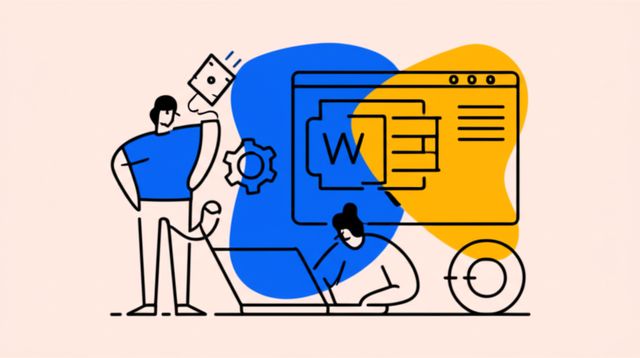.Net Framework
The .NET Framework is a software framework developed by Microsoft that runs primarily on Microsoft Windows. It is a collection of libraries that provide a wide range of functionality, including networking, data access, and user interface development. The .NET Framework is used by many applications, including Microsoft Office, Visual Studio, and Windows Forms. It is also used to develop web applications using ASP.NET.
What is the .NET Framework?
The .NET Framework is a software framework that provides a common set of classes and interfaces for developing applications in a variety of programming languages. It is designed to make it easier to develop and maintain applications, and to provide a consistent experience for users across different platforms.
The .NET Framework is built on top of the Common Language Runtime (CLR), which is a virtual machine that provides a managed execution environment for .NET applications. The CLR is responsible for managing memory, thread execution, and other system-level tasks. This allows .NET applications to be more secure and reliable than native applications.
Why learn the .NET Framework?
There are many reasons to learn the .NET Framework. Some of the benefits include:
- Increased productivity: The .NET Framework provides a wide range of libraries and tools that can help you to develop applications more quickly and easily.
- Improved performance: The .NET Framework is designed to improve the performance of applications, by providing optimized code and by making use of the CLR.
- Greater reliability: The .NET Framework is a managed environment, which means that it can help to prevent errors and crashes.
- Cross-platform development: The .NET Framework can be used to develop applications that can run on a variety of platforms, including Windows, Linux, and macOS.
How to learn the .NET Framework
There are many ways to learn the .NET Framework. Some of the best resources include:
- Online courses: There are many online courses that can teach you the basics of the .NET Framework. These courses can be a great way to get started with the framework, and they can also help you to prepare for certification exams.
- Books: There are many books that can teach you about the .NET Framework. These books can be a great resource for learning the framework in more detail.
- Tutorials: There are many tutorials available online that can teach you how to use the .NET Framework. These tutorials can be a great way to learn how to use specific features of the framework.
- Documentation: The .NET Framework documentation is a great resource for learning about the framework. The documentation is detailed and comprehensive, and it can help you to understand the framework in depth.
Once you have learned the basics of the .NET Framework, you can start developing your own applications. The .NET Framework can be used to develop a wide variety of applications, including web applications, desktop applications, and mobile applications.
Career opportunities
The .NET Framework is a popular technology, and there are many job opportunities for .NET developers. Some of the careers that you can pursue with a knowledge of the .NET Framework include:
- Software engineer: Software engineers design, develop, and maintain software applications. They may work on a variety of projects, including web applications, desktop applications, and mobile applications.
- Web developer: Web developers design and develop websites and web applications. They may work on a variety of projects, including e-commerce websites, social networking websites, and business websites.
- Mobile developer: Mobile developers design and develop mobile applications. They may work on a variety of projects, including games, productivity apps, and social networking apps.
- Data scientist: Data scientists use data to solve business problems. They may work on a variety of projects, including data analysis, data mining, and machine learning.
Conclusion
The .NET Framework is a powerful software framework that can be used to develop a wide variety of applications. It is a popular technology, and there are many job opportunities for .NET developers. If you are interested in a career in software development, learning the .NET Framework is a great place to start.


